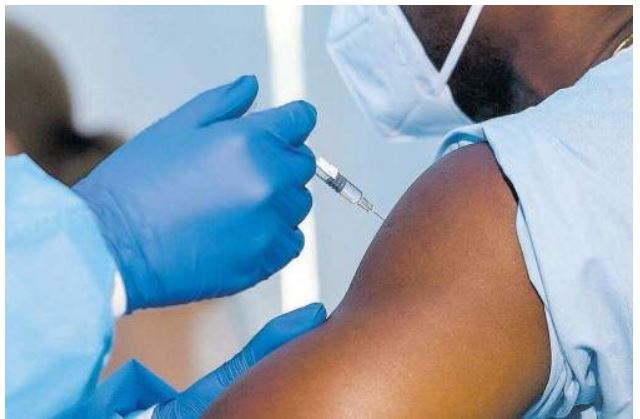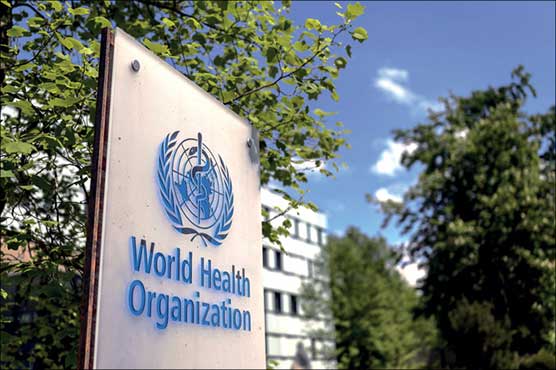BRIDGETOWN, Barbados, Sep 03 2015 – Barbados recorded an average of five AIDS-related deaths a month between 1984, when the first case HIV case was diagnosed, and 2012, however the rate of new infections has slowed.
Minister of Health John Boyce said that in the 28-year period from 1984 there have been 3 697 HIV cases and 1 673 deaths.
In an address at the End-of-Project event for the Caribbean Regional Health Policy Project at the Accra Beach Hotel and Spa, Rockley, Christ Church, Boyce revealed that the prevalence rate among the group considered most productive, those aged between 15 and 49, was 1.2 per cent of the population.
However, the minister disclosed that the annual rate of new HIV infections had begun to decline due to the expanded use of anti-retroviral medication.
The project was aimed at improving coordination and communication about efforts to reduce HIV-related stigma and discrimination; expand access to non-stigmatizing health services and strengthen the capacity of people living with HIV to advocate for improved programmes, with a focus on reducing stigma and discrimination.
In his address, Boyce warned that there was a need to eliminate stigma and discrimination if Barbados were to progress with an effective national response.
“While medical and technological innovations such as anti-retroviral treatment can help to prolong life, there are aspects of the response which cannot be addressed in this way. Our attitudes are personal; they influence our behaviour and interactions with each other, either consciously or unconsciously. It is necessary to have in place programmes for constant training and retraining to help us as health care workers to understand our own belief systems and attitudes that may influence our response to clients,” the minister said.
Boyce said today’s event provided an opportunity to share results of key activities implemented under the project, which sought to understand the dimensions of HIV-related stigma and discrimination in health care facilities.
“Over the past few years all of those persons who have been engaged in this journey have gathered a great deal of valuable information which will no doubt enhance the delivery of HIV-related services in our various health care facilities. We have recognized that the more we know about HIV, the better equipped we are to deal with the disease and its related problems. We acknowledge the value of applied research as a necessary tool for planning and policy development in the health sector. As policy makers we need information to guide decision making which will lead to effective delivery of services to meet the needs of the population.”
Boyce disclosed that Barbados had begun to decentralize HIV services and to offer HIV diagnostic and treatment services outside of the HIV programme.



